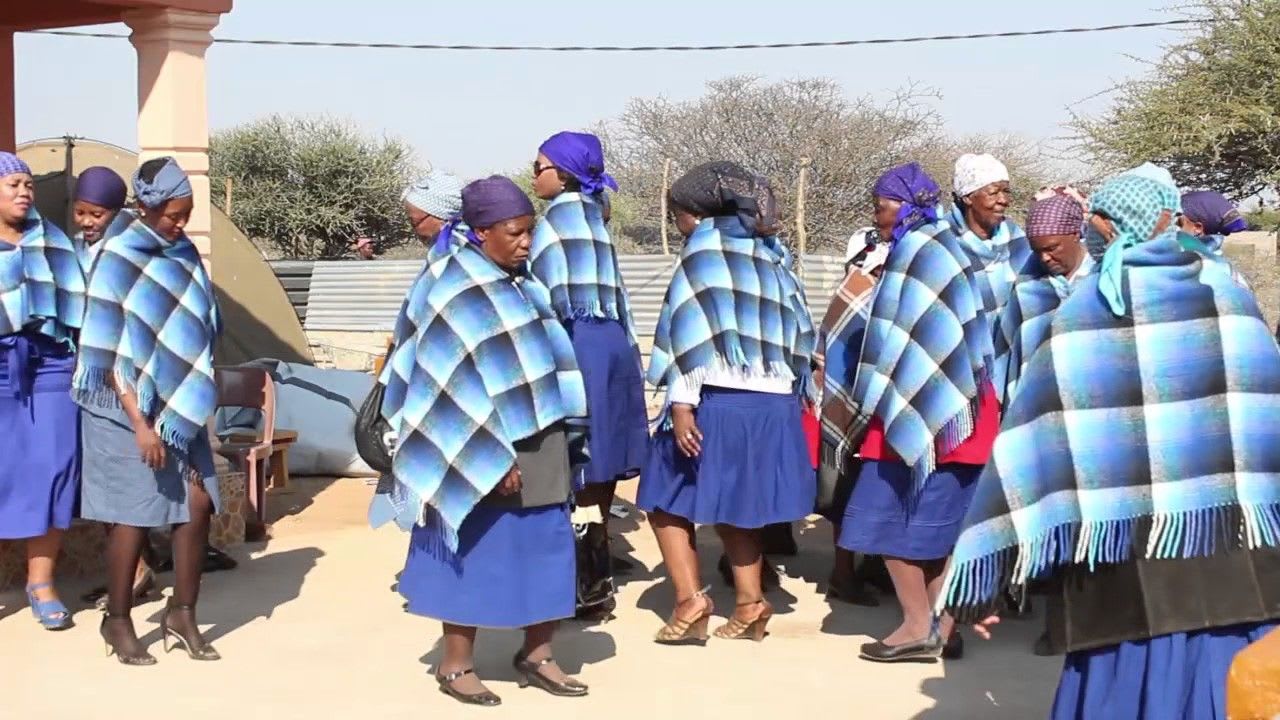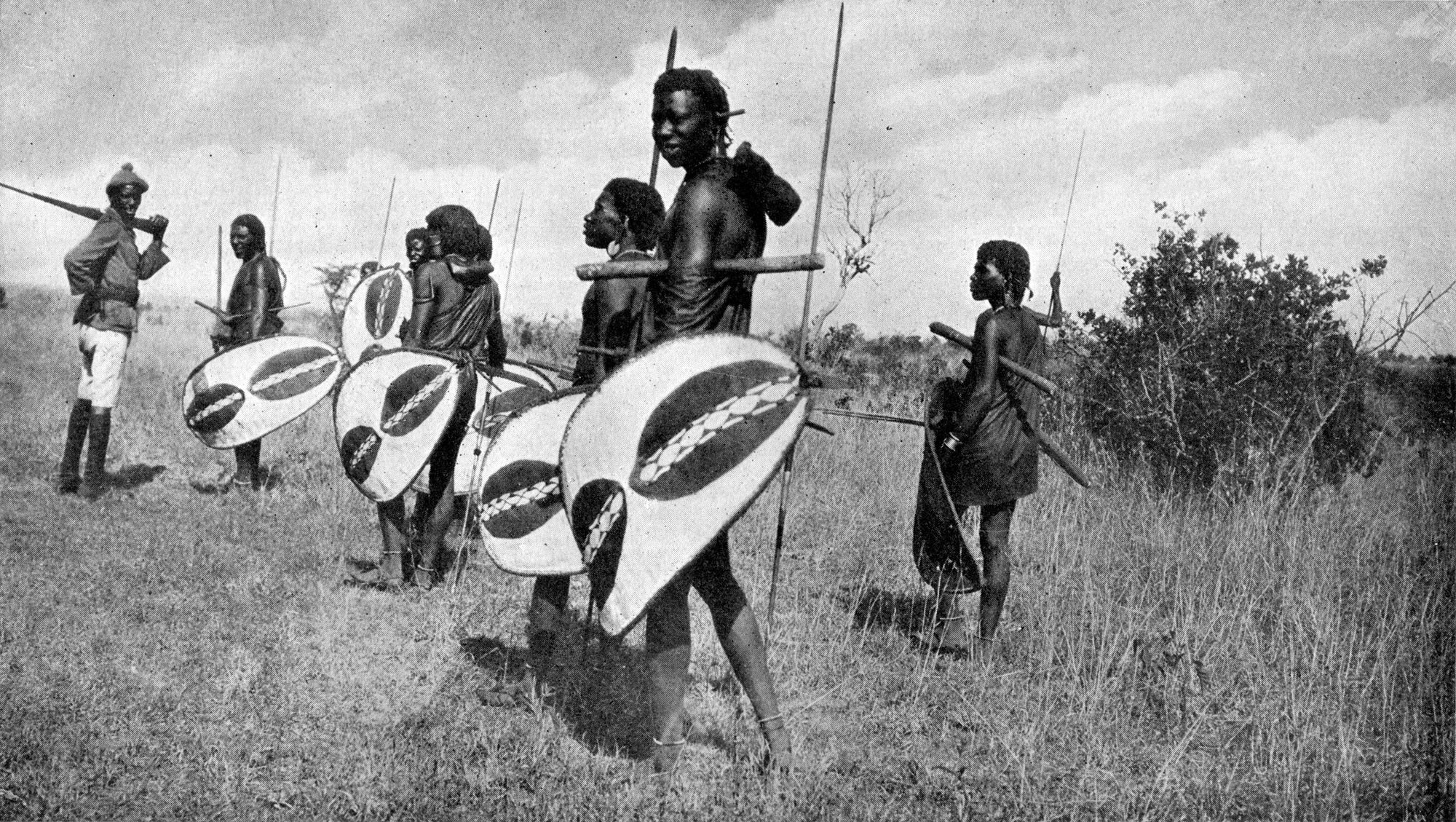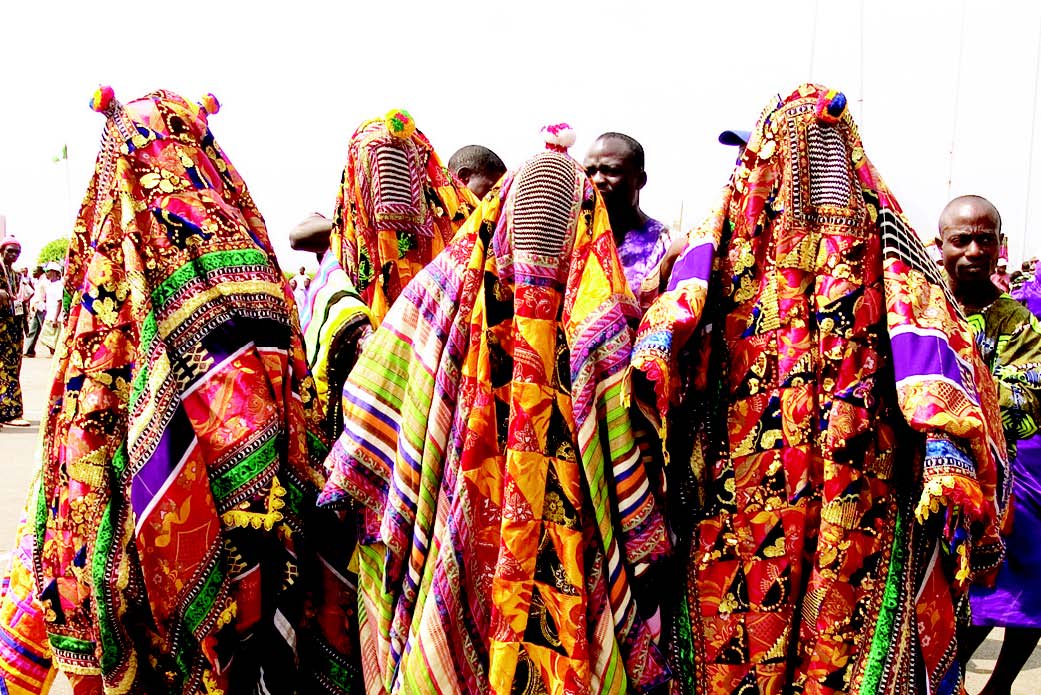Marriage is one of the most important institutions in society universally. This is no different in African culture, where marriage is widely seen as a way to assert one’s presence in society. One critical part of the African marriage process is the traditional wedding, where the payment of bride price or dowries – referred to as ‘Patlo’ or ‘Magadi’ in southern Africa – is practiced.
Marriage ceremonies in Africa vary between countries due to the great diversity of cultures, belief systems and religions throughout the continent. The large size of the continent coupled with its extreme diversity lead to varying approaches and traditions which inform the process. However, most countries follow the same processes in principle during marriage – which include the process of ‘Patlo’, Magadi’, dowry payment or the payment of bride price.
Patlo is a southern African rite of passage in marriage, where marriage is negotiated, and a woman’s hand is officially sought in marriage. It is during the process of Patlo that traditional pre-marital counselling is done with both parties. In southern African culture, a couple can never be regarded as married until the process of Patlo has taken place.
The process of Patlo is initiated by the groom-to-be when he asks his parents to approach the bride’s family on his behalf and seek their daughter’s hand in marriage. Once this has been done, the process is then officially considered begun and all the negotiations concerning the bride price take place. The bride price or dowry is another critical part of the process because a woman will not be pronounced as married until the groom’s parents have parted with a specific and agreed number of cattle.
After the bride price has been agreed upon, both families agree on a date when the bride price will officially be paid and the pre-marital counselling will be done with the elders. During the pre-marital counselling, both the bride and groom are prepared for marriage life by prescription of rules on how not to conduct themselves. Only men and women in the community who have themselves been married traditionally are allowed to conduct the counselling, as they are believed to be experienced enough to offer the couple relevant and credible information.
‘Patlo is very important in our culture, much like the institution of marriage, it is equally taken very seriously. During my Patlo, my unmarried friends were not allowed to come because they are viewed as “inexperienced” or not “mature” enough to offer me any relevant advice. This is because the essence of Patlo is for the bride-to-be to be prepared for her new role of being a wife, so all the married elderly women gather around her to give her advice on how to conduct herself and take care of her home as well as her husband according to our custom,’ said Naledi Motsumi, a recently married administration assistant in Limpopo province, South Africa.
During the counselling, the couple is separated and addressed individually – that is, the groom-to-be by elderly, married men, and the bride-to-be by elderly, married women. The other major significance of the Patlo process, particularly the pre-marital counselling, is that it serves the purpose of preserving as well as passing down (southern) African culture. This is because all the lessons shared are in line with the established culture – what the elders practiced and still practice to date traditionally, that is, relative to their roles in marriage.
While common law marriage is also recognised in some African countries, it is often not taken as seriously as traditional marriages, even when the process of Patlo takes place. This is owing to the fact that it is our culture that is revered more. For most Africans, customary law outweighs common law, particularly if the two are not aligned. This explains why in some places, common law marriage is disregarded.









